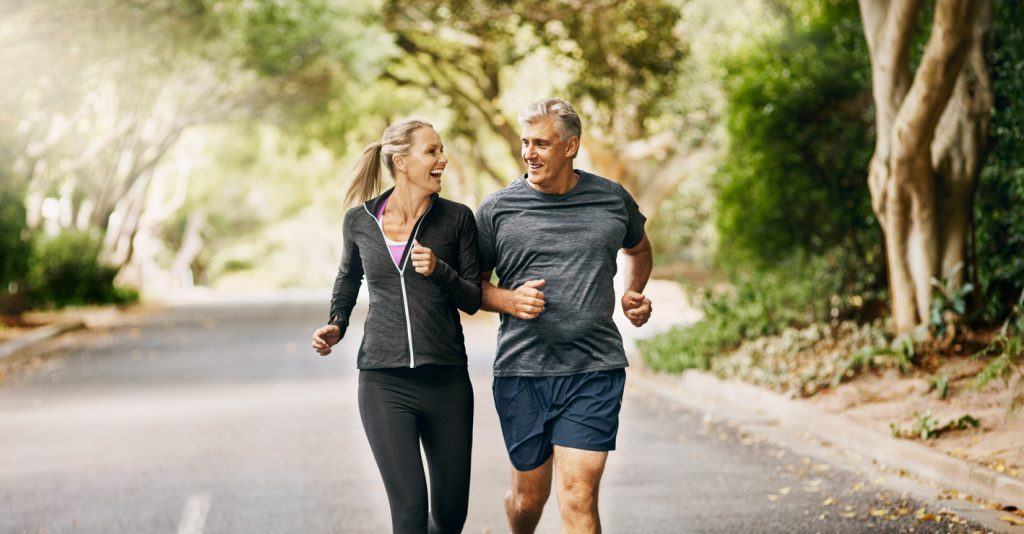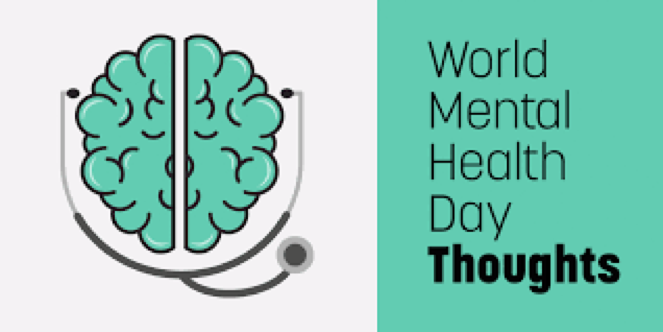
Dr. Sherri Sandel
Fitness RX

Can Exercise Make You Sick?
By: Serena Gordon www.Livestrong.com
Exercise is at the top of the list of healthy lifestyle habits, but sometimes a workout leaves you feeling
worse than when you started. It’s been known to cause headaches or an upset stomach. It can send you
sprinting to the bathroom with vomiting or diarrhea and even leave you vulnerable to infection.
But none of this means you should skip your usual workout.
“We all know the benefits of exercise — a longer lifespan, more energy, reduced stress. Exercise has so
many benefits when we do it right,” says Sherri Sandel, DO, director of hospital medicine and medical
education at Northern Westchester Hospital in Mount Kisco, New York, and an assistant professor at the
Donald and Barbara Zucker School of Medicine at Hofstra/Northwell.
What you can do is take steps to exercise healthfully.
Why Exercise Causes Upset Stomach
Endurance athletes — those who train and work out for long periods of time — commonly experience
digestive woes like nausea, vomiting and diarrhea. While uncomfortable and potentially embarrassing,
these issues don’t often indicate a serious problem, according to research published in May 2014 in the
journal Sports Medicine.
More likely, it means someone has had too much to eat or drink before working out, Dr. Sandel says.
“When you do rigorous exercise, blood flow moves away from the stomach to the muscles that are
being worked,” she explains. And, without adequate blood flow, digestion slows down.
Sometimes, the reverse occurs. If your exercise session involves a lot of running or jumping, you may
speed up your digestive system. And if you’ve had coffee or a sugary sports drink before working out,
you may speed up your intestines even more, leading to diarrhea.
Dr. Sandel recommends not eating in the two hours leading up to a workout. And while you need to be
hydrated, be careful not to drink too much water before or during your session. If you’re working out for
an hour or less, small sips of water when you’re thirsty are OK. If you’re exercising for a longer time, she
says you need to drink something with electrolytes and suggests coconut water.
If you’re an endurance athlete competing in a marathon or an Ironman event, for instance, don’t eat
high-fiber foods the day you’re competing, avoid high-fructose foods and drinks and guard against
dehydration, which can also cause digestive distress, the Sports Medicine study suggests.
Headaches During and After Exercise
Your digestive system isn’t your only concern. Some people experience headaches during or after
exercising. These are often called exertion headaches. Though they’re usually not dangerous, it’s
important to call your doctor the first time you have any headache that feels severe or unusual.
A headache caused by exercise usually occurs on both sides of the head. It may feel as though your head
is throbbing. Taking extra time to warm up and cool down may help prevent it. Fortunately this type of
headache doesn’t usually stick around long. Three to six months after they first start happening, exercise
headaches usually disappear, according to the American Migraine Foundation.
If you have a very sudden, very intense headache, call 911 and get emergency help right away. This kind
of headache may signal a serious health condition, according to the American Migraine Foundation.
Read more: Headaches the Day After Physical Activity
Exercise and Infections
Most of the time, exercise is thought to help boost the immune system, Dr. Sandel says. But if you’re
getting sick or you’ve been injured, exercise may slow healing.
The science isn’t conclusive yet, but it seems that if you participate in high-intensity activity on multiple
days, you may dampen your immune response. This can leave you more vulnerable to infection,
according to research published in Frontiers in Physiology in June 2016 and in May 2017 in the Journal of
Applied Physiology.
The studies suggest that resting between exercise bouts may give the immune system a chance to
recover. A massage might also help boost immune system recovery, according to the Journal of Applied
Physiology study.
“Anything you do in the extreme, especially if you’re not used to it, will take a toll on your body,” Dr.
Sandel says. “If you don’t feel good doing something, stop.”

In honor of World Mental Health Day: 7 Beliefs of Emotionally Healthy People
I can stay the course.
This belief gives rise to two attributes: grit and self-control. Grit is staying the course long term; it’s doing difficult or tedious stuff over months or years in service of a larger goal. By contrast, self-control is staying the course short term; resisting temptation or keeping cool even when everything in your body is telling you not to.
A career. A loving relationship. Good health. All these things take time and staying the course to be built and maintained is key.
2. I can do things I don’t feel like doing.
This belief is the best-kept secret of our time. The result is called mood-independent behavior, but really it’s just doing stuff you don’t feel like doing, and then watching your mood catch up.
Try putting behavior first, especially if you know it’s something you’ve enjoyed in the past. For example, if you are feeling particularly lazy then try getting up and taking a walk, or jump into a class at Next Level Martial Arts. And if your mood doesn’t follow? No harm done. At least you got it done.
3. I can roll with the punches.
This belief allows you to handle challenges and be flexible. Life is full of disappointments, mistakes, and roadblocks. When things go wrong, it’s better to try to adjust rather than giving up.
Rolling with the punches also applies to emotion. Frequently getting angry, freaking out, or feeling sad on a regular basis doesn’t mean you’re hopeless, but it does mean that you may need to change something. Additionally, leaning too heavily on unhealthy coping such as alcohol, drugs, sex, sugar, shopping, etc is a sign that you may need to learn better coping skills.
What are some examples of healthy tools? Allow yourself to feel the more difficult emotions—fear, shame, guilt, vulnerability—rather than just bravado and rage. You can also access your feelings through your body—consciously relax, exercise, or mindfully breathe. Reach out to people who care about you. Do things that make you feel better but without a huge cost. Find the balance between treating yourself and numbing yourself.
4. Everyone deserves to be treated with respect.
All of us encounter people who do things for us every day—customer service reps, the bus driver, custodians, drugstore clerks—and each of them deserves our respect.
5. I can laugh at myself
Red flags of taking oneself too seriously include being judgmental, micromanaging, always having to be right, getting defensive, holding grudges, never apologizing, etc.
How do you laugh at yourself? What are the things you’re embarrassed about? What are your worst qualities? What are the things people say about you? Own them. Be proud of them.
6. I am capable.
Have the belief that you can handle whatever life throws at you. That you are competent. The belief that you can’t handle things drives anxiety.
You might ask, how do I do that? Experience. Push yourself a little, then a little more. Try new things, talk to new people, go to new places. The reward is a sense of your own empowerment that will carry you.
7. I can love and am worthy of love.
Believing you are worthy of love and can give love in return—which everyone is, even if you worry you’re the exception—pays off for a lifetime.
To build our case, let’s look to Harvard University’s Study of Adult Development, which has followed the lives of 724 men for over 75 years. The study began in 1938 and it continues to this day. The researchers have gathered a tremendous amount of data: the men’s physical characteristics, their drinking, their careers, their marriages, their relationships with their mothers, and much more. And what did they find?
Quite simply stated by Dr. George Vaillant, “Happiness is love. Full stop.” The men in the study who were the most satisfied in their relationships were those who felt loved and gave love and were the healthiest at age eighty.
Now, if you grew up in a family where you had to earn love through achievement, obedience, or simply keeping quiet and out of the way, this belief might not come easily for you. You may believe the idea that love has to be earned or worth has to be granted. This is not true and you may need to work with someone to help you through these ideas to find your strength.
All in all, believing you can love and are worthy of love allows you to connect to other people, which in turn makes life happy, healthy, and long life.
Happy World Mental Health Day.
Adapted from Dr. Ellen Hendriksen, psycologist
